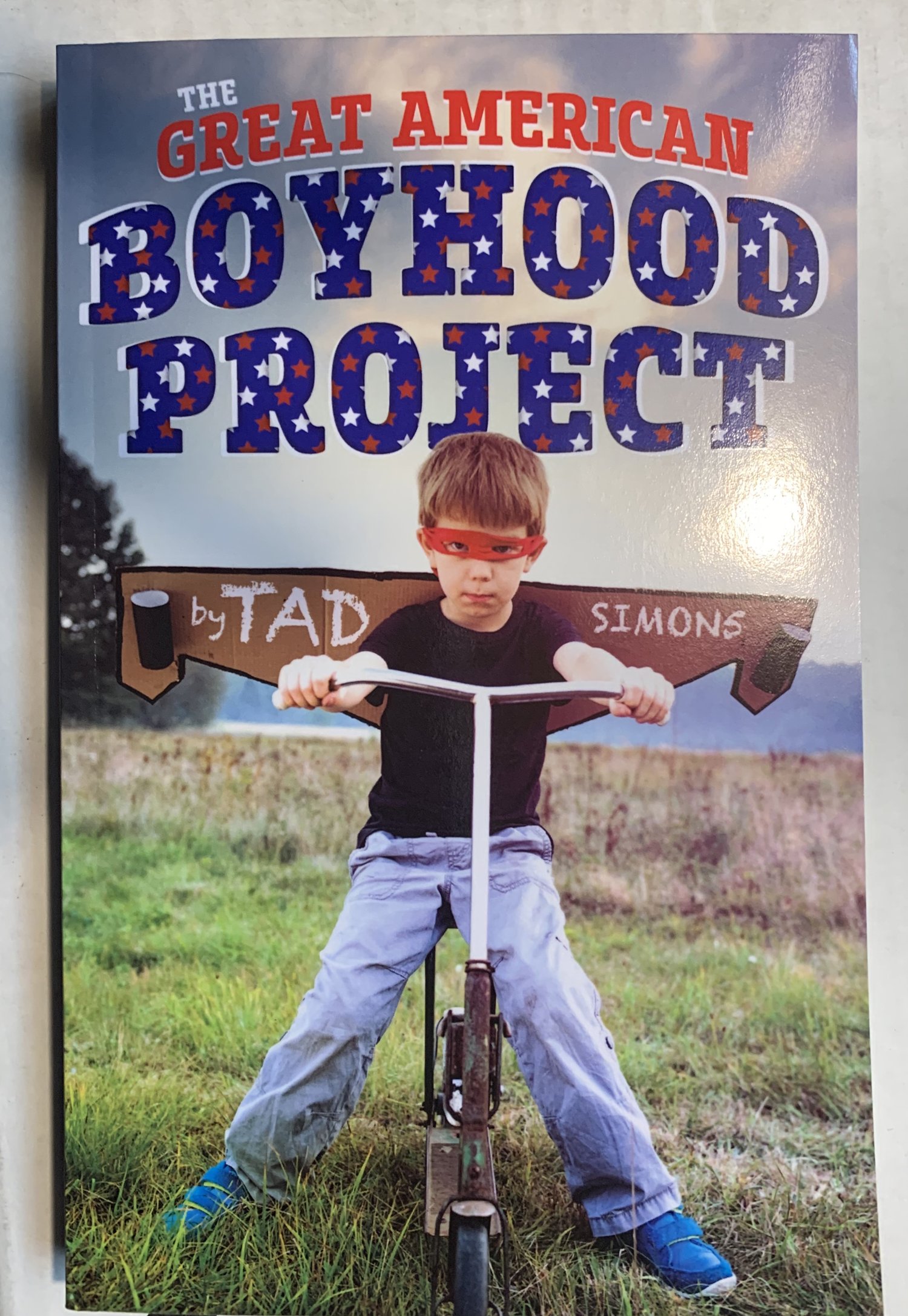Many ordinary people want to know why writers look so intelligent. On their book covers, writers look amazingly intense and focused, as if their brains are doing all kinds of smart, insightful things while they’re staring into the camera. It’s as if, as soon as the camera shutter clicks, the writer is going to grab a piece of paper and scribble down a few lines of inspired brilliance, such as “get bananas and milk,” or “plant azaleas.” And when the average person meets a writer at a party, they are often overwhelmed by the aura of intelligence writers project. It’s like a smell (and, to be fair, sometimes it is a smell) that envelops the writer and says to everyone at the party, “I am the smartest person in the room.”
What many regular people want to know is how they can project that kind of intellectual confidence without actually having to write anything. Because let’s face it, agonizing over ideas, characters, sentence constructions and page numbers is not everyone’s cup of tea. Which is why I’m here to help.
There are several tricks and shortcuts stupid people can use to appear more intelligent. For instance, if someone approaches you at a party and says something intelligent-sounding like, “They’re running low on beer,” all you have to do in order to appear even more intelligent is say, “ARE they?”
The reason this sounds so smart is that it implies you know something the other person doesn’t—like where the rest of the beer is. But it also lets the other person know that you’re not going to give up that information easily, because frankly, you think he is an idiot for thinking that the beer supply is actually running low. Heck, it’s only nine o’clock. Stunned by your apparent omniscience, and wracked with insecurity over his own inability to locate the extra beer stash, this poor sap will scurry away in search of more lager, convinced that you are wiser and smarter than he will ever be.
What stupid people need to understand is that smart people, as a rule, never answer questions. Rather, they get people to answer their own questions. If you were a writer and someone asked you, “What color is Donald Trump’s hair?,” you would not say, “Charismatic Phlegm.” Instead, you would say, “Interesting question. What color would you say it is?”
Note that all you’ve really done is ask the person’s question back at them. The reason this works so well is that most people would rather answer their own questions anyway. As a rule, people don’t really want to know what you think; they want you to know what they think. Giving them the chance to tell you is the intelligent person’s way of saying, “That’s such a stupid question, I’m going to let you answer it.”
On those rare occasions when a writer is faced with a question they don’t know the answer to, their fail-safe phrase is, “It depends.” This works in all kinds of situations because it suggests that there are complexities to the question that no one else has considered. If you, as a stupid person, don’t actually know what those complexities are, you can follow up any “it depends” with the phrase, “but I don’t have to tell you that!” This makes the other person think they should already know what you’re talking about. Few people are smart enough to admit when they don’t know something, so invoking a well-timed “it depends” is a safe bet in most crowds.
Back in the day, all a person had to do in order to appear more intelligent was wear a pair of glasses. But now, even stupid people wear glasses, so other tactics must be employed. Practice the strategies I’ve explained above and people will immediately start suspecting that you are smarter than you appear.
They may even mistake you for a writer.
